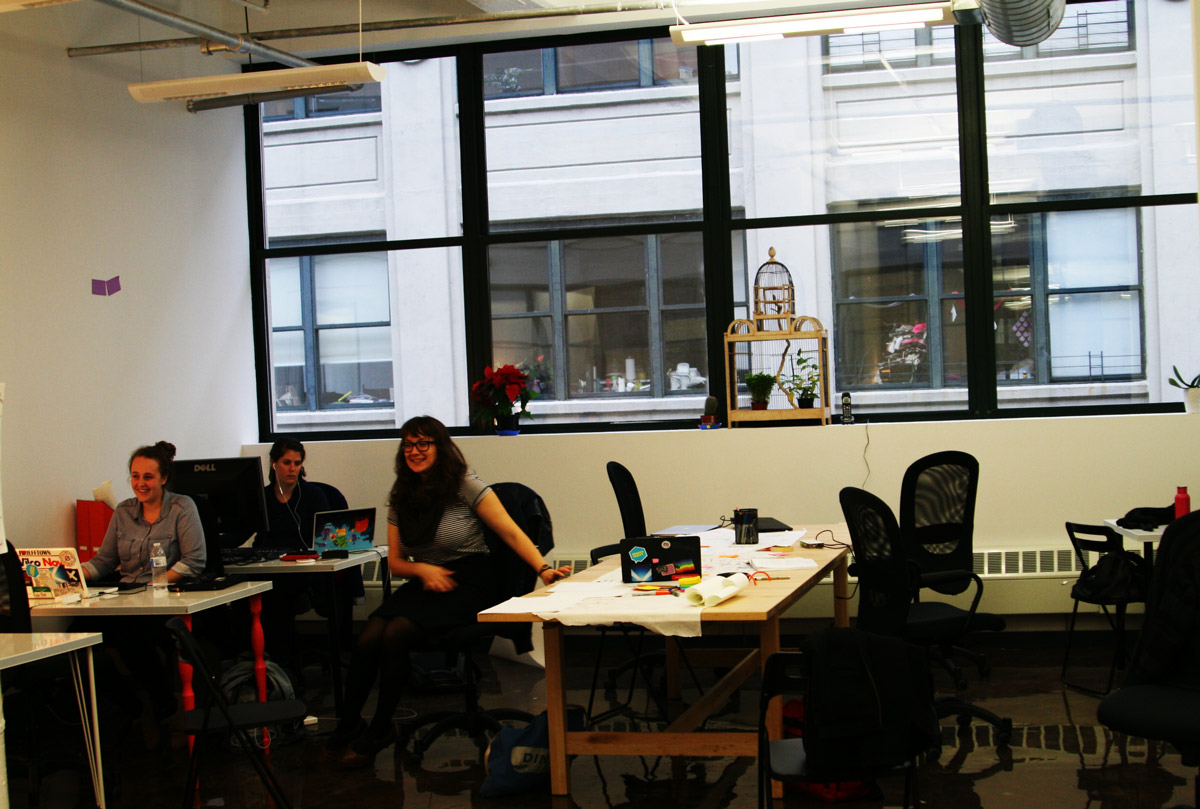For anyone who’s ever gotten a “text me when you get home” message from a loved one, the value of communication is apparent. But not everyone in the country has the infrastructure of working internet or cell service to use. And even in places where people do, natural or man-made disasters can take people off technologies and platforms they’ve become reliant on. That’s bad.
With these problems in mind, Dumbo’s Mozilla Foundation teamed up with the National Science Foundation to try to figure out some solutions. The groups created the WINS Challenge (Wireless Innovation for a Networked Society) and have $2 million in prize money to dole out for successful ideas and prototypes.
The WINS Challenge is actually two $1 million challenges:
- Off-The-Grid Internet Challenge: Wireless solutions for communication that can be rapidly deployed in post-disaster situations where Internet access is unavailable or compromised.
- Smart-Community Networks Challenge: Wireless solutions for communication that can be built on top of existing infrastructure to enhance Internet connectivity in communities that need greater access.
“We hope that WINS projects will bring more people online in unconnected communities and make communications networks more resilient in disaster-prone areas across the U.S.,” explained Mozilla program director Mehan Jayasuriya in an email. “Imagine a neighborhood wireless network where the nodes are housed in, and draw power from, disused phone booths. Or, imagine a pop-up wireless network housed in a backpack.”
(Editor’s note: Brooklyn startup goTenna immediately comes to mind.)
The challenge has two stages. Applicants submit concept designs from now until November. There’s $200,000 in prize money for the best concepts, with $60,000 for the first-place winner. The next stage is for working prototypes, with the top four projects winning prize money, including $400,000 for the first place winner.
“We hope these challenges will draw attention to both the concept of Internet health, and the importance of a reliable Internet connection, which many Americans still lack,” Jayasuriya explained. “We also hope to highlight the outsized impact community solutions can have: It’s often local entrepreneurs and activists who develop creative, practical solutions that thoughtfully address community needs.”
More details






